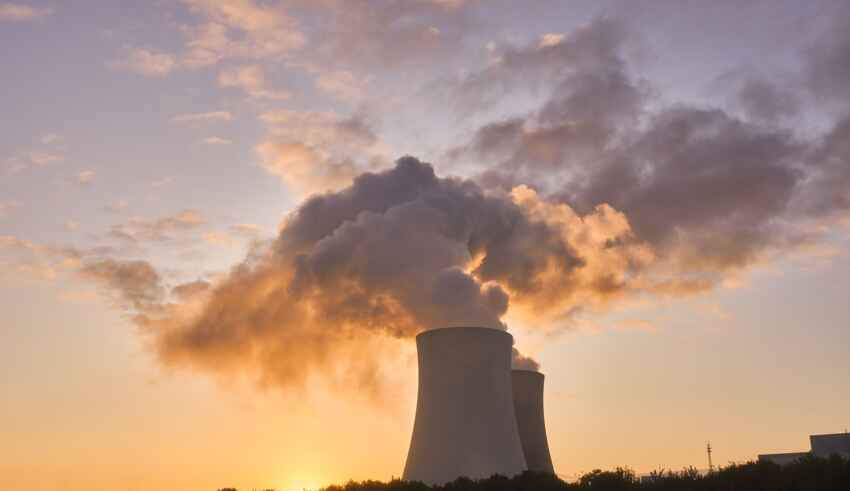
Background
Following the 2011 nuclear disaster caused by a major earthquake and tsunami, Japan shut down all of its nuclear power plants. Following inspections and safety regulation reviews, the country is now opening up its nuclear facilities, including considering restarting operations at the world’s biggest nuclear power plant, Kashiwazaki-Kariwa. The decision opens up questions about the safety of nuclear power plants and by extension the future and viability of nuclear energy as a sustainable energy source to fight climate change. Indeed, the energy produced in nuclear plants can be labelled as clean energy, insofar as it does not produce greenhouse gases, contrary to coal, natural gas or oil. However, the viability of nuclear energy as an alternative to fossil fuels has been tainted by controversy, in a big part due to the byproduct generated by nuclear energy; radioactive waste, which if not dealt with properly caused tremendous harm to both human beings and the environment. Such harmful and lasting consequences have been witnessed in disasters like Chernobyl in 1986 and in Fukushima in 2011, making the world wary of nuclear energy and installing a certain reluctance to promulgate nuclear energy programmes in the fight against climate change.
Concerns and reconsiderations of nuclear energy
Disasters such as Chernobyl and Fukushima, and perhaps also the fact that nuclear energy for civilian purposes eliminated from a focus on militarising nuclear energy during the Second World War, have produced a certain taboo around nuclear energy and for many states, a reluctance on the investing in nuclear facilities. Naturally, the dangers of radioactive material and radioactive waste should not be minimised, but neither should the urgency of reducing global temperatures and this has to be done by limiting greenhouse gases emissions.
Countries which have heavily invested in nuclear energy such as France and Slovakia are able to ease down their dependency on fossil fuels, as nuclear energy production amounted to more than half of their total generated electricity (70% for France and 52.3% for Slovakia in 2021).[1] Such numbers, if implemented globally, have the potential of cutting down on greenhouse gases and achieving the goal of limiting the temperature increase to 1.5°C. This was echoed at COP27 last month, where nuclear energy was recognised as an important method of fighting climate change and included in the solution to decrease global temperatures. This is a positive move forward and will hopefully underline the necessity of further considering nuclear energy in light of the climate crisis.
How does nuclear energy compare to other renewable energy sources?
Many advocates against nuclear energy propose other alternatives of renewable energy such as solar or hydro energy instead. Solar energy is a low carbon and sustainable way of sourcing energy, but it is weather dependent and its production produces a considerable amount of pollution. Similarly, nuclear power plants are extremely expensive and take a long time to build.
Conclusion
There is no perfect solution nor a one-size-fits all alternative to fossil fuels. Like others, nuclear energy has its advantages and disadvantages. However, the taboo that has developed around this renewable source of energy can do more harm than good, and while the risks of nuclear energy should be considered carefully, they should not overshadow the potential nuclear energy has to contribute to the reduction of greenhouse gases.
By The European Institute for International Law and International Relations
Resources
[1] https://www.nei.org/resources/statistics/top-15-nuclear-generating-countries















